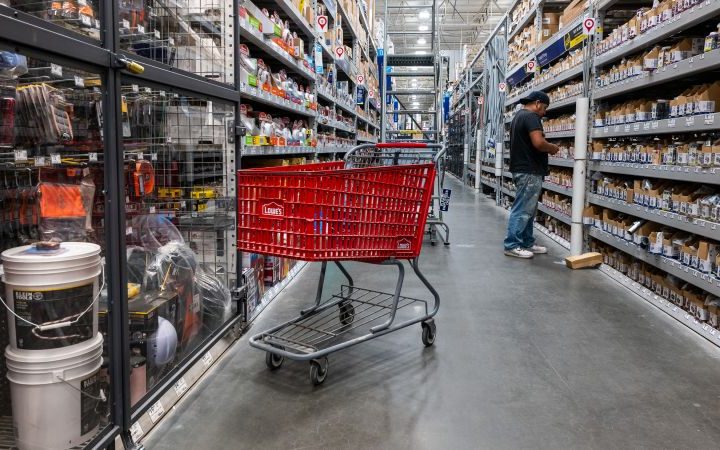Alphabet’s Google has scrapped a development deal to build $15 billion worth of homes, offices and retail space in California’s Silicon Valley.
Google and Australian developer Lendlease “mutually reached” a decision to end their San Francisco Bay Project for four master-planned districts in the cities of San Jose, Sunnyvale and Mountain View, Lendlease announced Friday.
“The decision to end these agreements followed a comprehensive review by Google of its real estate investments, and a determination by both organizations that the existing agreements are no longer mutually beneficial given current market conditions,” Lendlease said in a statement.
Google did not immediately respond to CNN’s request for comment. On Friday, Alexa Arena, Google’s senior director of development, told the Wall Street Journal the company could bring in other developers or capital partners on these efforts.
“As we’ve shared before, we’ve been optimizing our real estate investments in the Bay Area, and part of that work is looking at a variety of options to move our development projects forward and deliver on our housing commitment,” Arena said, according to the Journal. “We appreciate Lendlease and the work the team has done to get us to this point.”
Construction was expected to start on the project during Lendlease’s 2026 fiscal year, the company said.
The announcement comes amid a period of deep cost-cutting and layoffs for Google and during a time when commercial real estate is faltering.
Friday’s announcement also is the latest in a series of setbacks for tech giants’ large-scale community investments and adds uncertainty for Google’s much-touted plans to help address the affordability crisis in the tech-laden Bay Area.
In June 2019, Google made a $1 billion pledge to help develop more affordable housing in the increasingly unaffordable region.
At the time, Google said it would repurpose at least $750 million of the land it owns for at least 15,000 new homes priced for a variety of income levels and put $250 million toward a developer incentive fund to build 5,000 affordable housing units.
“Our goal is to help communities succeed over the long term, and make sure that everyone has access to opportunity, whether or not they work in tech,” Google CEO Sundar Pichai wrote in a blog post in June 2019.
A month later, Google partnered with Lendlease to redevelop its landholdings for a 10- to 15-year project valued at $15 billion.
Earlier this year, Google said 12,900 residences had been approved in Mountain View and San Jose, and more than 3,800 affordable modular homes and other affordable units were under construction.
“We’ve made steady progress, but it hasn’t been without its challenges,” Scott Foster, Google’s vice president of real estate and workplace services, wrote in the blog post. “And while we expect more periods of slowdown and others of acceleration, we remain committed to working alongside local governments and organizations to address the rising need for housing in our community.”
The announcement comes during a tumultuous period for Alphabet and other tech firms that have cut tens of thousands of jobs after drastically scaling up during the pandemic.
Alphabet, which added 50,000 jobs during the past two years, announced in January it would slash 12,000 jobs, affecting about 6% of its workforce. The company, which has emphasized broader cost-cutting efforts, laid off hundreds more employees in September.
Although the US economy has remained remarkably resilient following the Covid-19 pandemic and despite wars overseas, high inflation and sharply rising interest rates, the commercial real estate industry has been on much shakier footing.
Office and retail property valuations have fallen since the pandemic brought about lower occupancy rates and changes in where people work and how they shop. The Federal Reserve’s efforts to fight inflation by raising interest rates have also hurt the credit-dependent industry.
Regional banking stress only added to those woes. Lending to commercial real estate developers and managers largely comes from small and mid-sized banks, where the pressure on liquidity has been most severe. About 80% of all bank loans for commercial properties come from regional banks, according to Goldman Sachs economists.
Read the full article here






